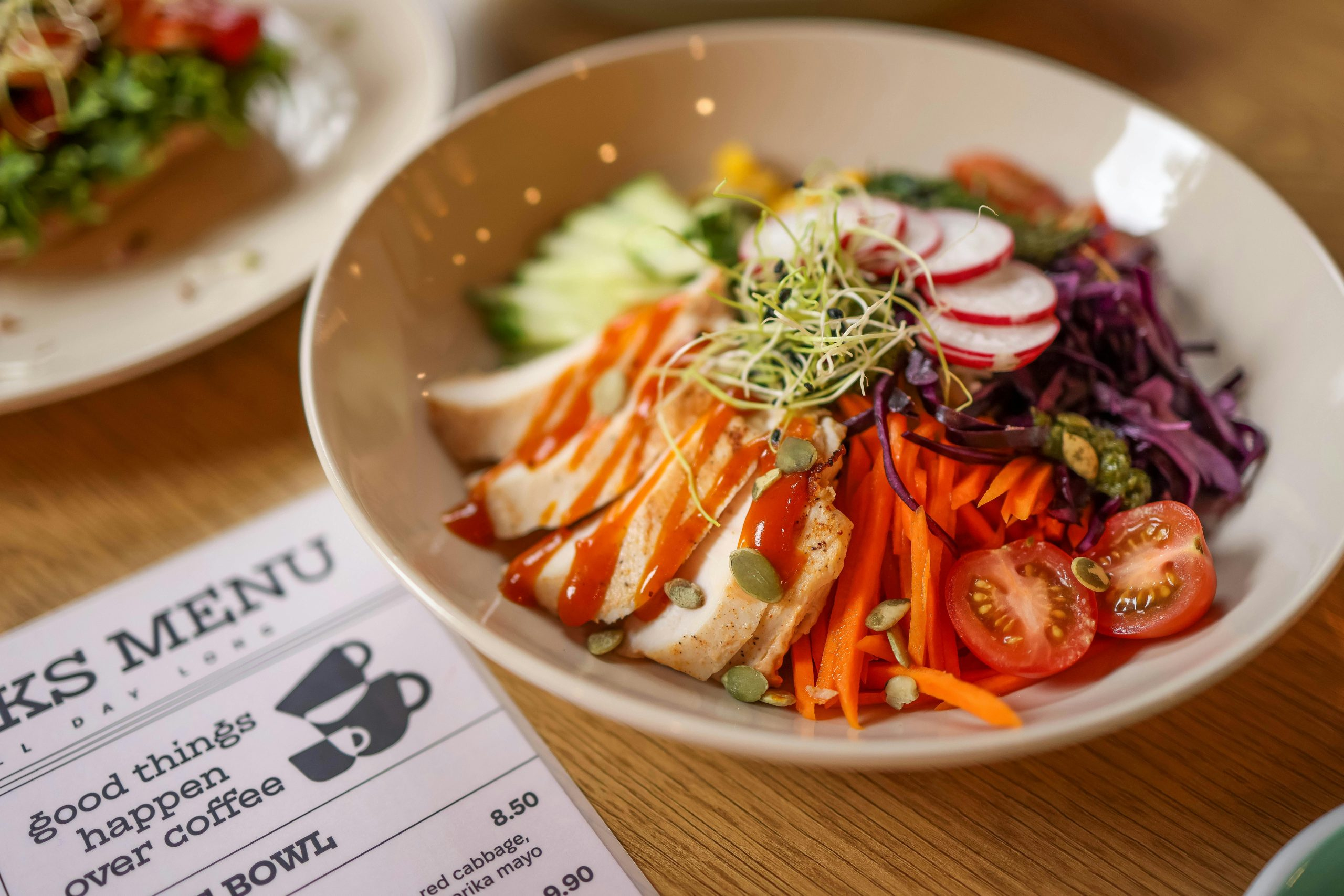The Impact of Fast Food on Health and Culinary Traditions
The convenience and accessibility of fast food has made it a staple in many people’s diets. From grabbing a quick meal on a busy work day to indulging in a late-night snack, fast food has become a go-to option for many. However, the rise of fast food has had a significant impact on both our health and culinary traditions. In this article, we will explore the effects of fast food on our overall well-being and how it has altered our relationship with food.
The Health Consequences of Fast Food
Fast food is known for its high levels of fat, sodium, and sugar. These unhealthy ingredients can lead to a variety of health problems when consumed regularly. The most common health consequence associated with fast food is obesity. In fact, the World Health Organization has recognized obesity as a global epidemic, with fast food being one of the main contributors.
Impact on Our Diet
Fast food is often high in calories but lacks essential nutrients that our bodies need to thrive. This has led to a drastic shift in our diets, with more processed and unhealthy foods becoming a regular part of our meals. As a result, our bodies are not getting the proper nutrition they need, leading to an increase in chronic diseases such as diabetes, heart disease, and high blood pressure.
Effects on Children’s Health
The impact of fast food on children’s health is even more concerning. According to the Centers for Disease Control and Prevention, approximately 1 in 5 children in the United States is considered obese. This is due in part to the high consumption of fast food, which often contains excessive amounts of unhealthy ingredients. Children are more vulnerable to the negative effects of fast food, as their bodies are still developing.
Culinary Traditions: A Shift Towards Convenience
Fast food has not only affected our health, but it has also significantly impacted our culinary traditions. The rise of fast food has led to a shift in the way we approach food, opting for convenience over quality. Traditional cooking methods that require time and effort are being replaced by quick and easy options. This has resulted in a loss of cultural and regional food traditions, as well as a decline in home-cooked meals.
Influence on Eating Habits
Fast food’s convenience has also influenced our eating habits, as we have become accustomed to instant gratification. This has led to a decrease in mindful eating and an increase in mindless snacking. We often turn to fast food without considering the impact it has on our bodies and the environment. This detachment from our food has disrupted the once meaningful and communal aspect of sharing meals with loved ones.
The Damage to Local Agriculture
The rise of fast food chains has also had a damaging effect on small-scale, local agriculture. As fast food companies continue to mass-produce their food, they rely on large-scale farming to meet their demands. This has led to a decrease in the diversity of crops and the loss of local agricultural practices, which are crucial for maintaining a sustainable food system.
The Way Forward
The impact of fast food is undeniable, both on our health and culinary traditions. However, it is not too late to make a change. We can start by making more conscious decisions about what we eat and where we source our food from. Supporting local, sustainable agriculture and incorporating whole, unprocessed foods into our diets can have a significant impact on our health and the environment. Additionally, making an effort to reconnect with our food and its origins can help revive lost culinary traditions and bring back the joy and meaning of sharing meals with others.
In Conclusion
The rise of fast food may have been a convenient solution to our busy lifestyles, but it has come at a great cost. Its impact on our health and culinary traditions cannot be ignored. However, with mindful food choices and a reconnection to our food, we can start to combat the negative effects of fast food on our society. Let us prioritize our health and the preservation of our culinary heritage for a better, healthier future.









